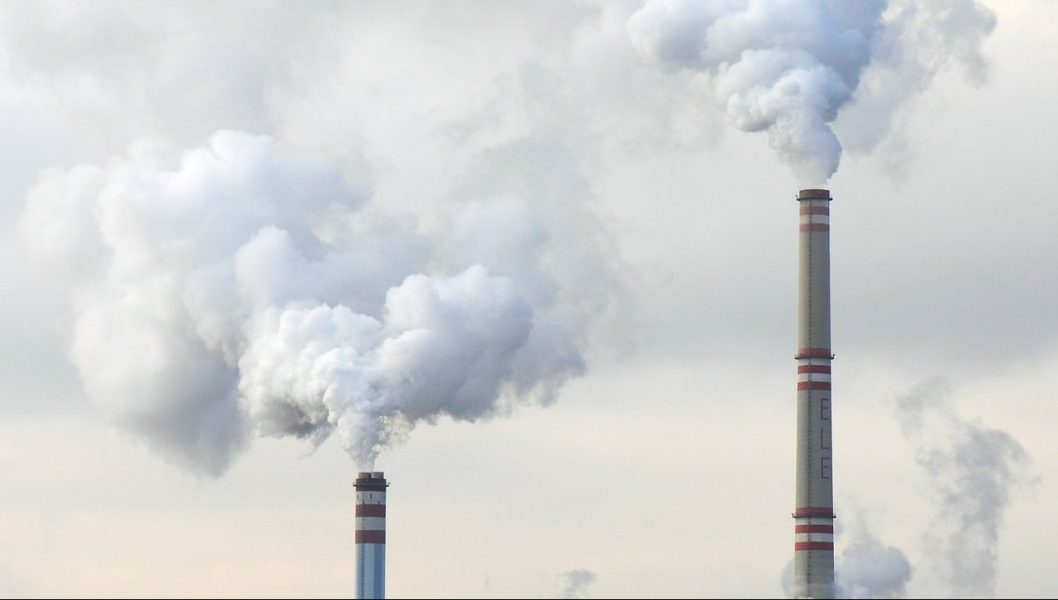Fossil fuel subsidies strain public budgets and contribute to climate change. These subsidies include support for the production of fossil fuels, such as coal mining, as well as their consumption, for example through price support for petrol. Current estimates range from $300 billion to more than $5 trillion annually. Practically all countries in the world have fossil fuel subsidies in place. Consequently, reforming fossil fuel subsidies forms a great opportunity for mitigating climate change while saving money.
A WIREs Climate Change review by Jakob Skovgaard and Harro van Aselt explores the political aspects of fossil fuel subsidies and its implication for climate change mitigation by discussing the estimates of fossil fuel subsidies and their impacts, as well as the politics of fossil fuel subsidies at the international and domestic levels.
Both the international and domestic politics of fossil fuel subsidy reform do not necessarily fit with traditional climate politics. Rather, the politics of fossil fuel subsidies are shaped by actors and interests that are focused more on economic development.
At the international level, reform efforts are spearheaded by economic organizations such as the World Bank and the International Monetary Fund or forums such as the G20. Yet the Paris Agreement on climate change and the United Nations Sustainable Development Goals provide opportunities for exploiting the link between the economic and environmental benefits of fossil fuel subsidy reform.
At the domestic level, while fossil fuel subsidies continue to persist, the number of attempted and successful fossil fuel subsidy reforms seems to be increasing. These reforms have been driven more by economic concerns than environmental motivations. Yet with an increasing number of countries adopting carbon pricing, it may be possible to link the removal of fossil fuel subsidies to the introduction of carbon taxes or emissions trading systems.
Kindly contributed by the Authors

















